Rebecca Avern is a traditional acupuncturist and founder of The Panda Clinic, a children’s acupuncture centre in Oxford. She is also author of Acupuncture for Babies, Children and Teenagers, writes a blog at Nurturing the Young, and is senior lecturer and clinical supervisor at the College of Integrated Medicine, Reading, UK.
In this vlog, Rebecca discusses the effects and impacts of the current lockdown on children, and what parents can do to help them through this difficult period – whether they’re primary school-aged or teenagers – from both a Chinese medicine and a parenting perspective.
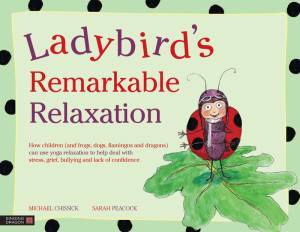
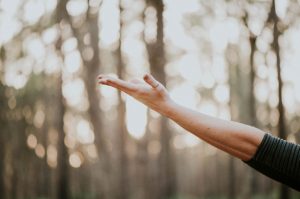
 Robin Rothenberg, author of
Robin Rothenberg, author of 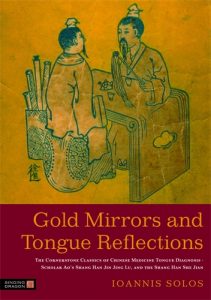
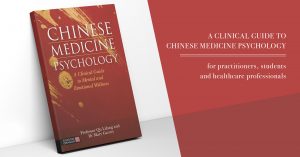 By Dr Mary Garvey
By Dr Mary Garvey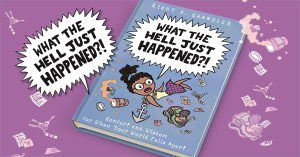
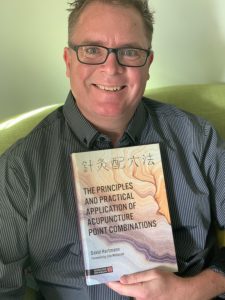 David Hartmann, author of
David Hartmann, author of 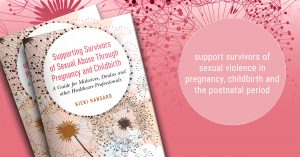 Kicki Hansard is a certified birth and postnatal doula with experience in all aspects of pregnancy, childbirth and early parenting. Since 2002, she has been preparing couples for the arrival of their baby and supported many of them through the birth and postnatal period. Kicki is also a doula course facilitator and has trained over 850 aspiring doulas. Her new book,
Kicki Hansard is a certified birth and postnatal doula with experience in all aspects of pregnancy, childbirth and early parenting. Since 2002, she has been preparing couples for the arrival of their baby and supported many of them through the birth and postnatal period. Kicki is also a doula course facilitator and has trained over 850 aspiring doulas. Her new book,